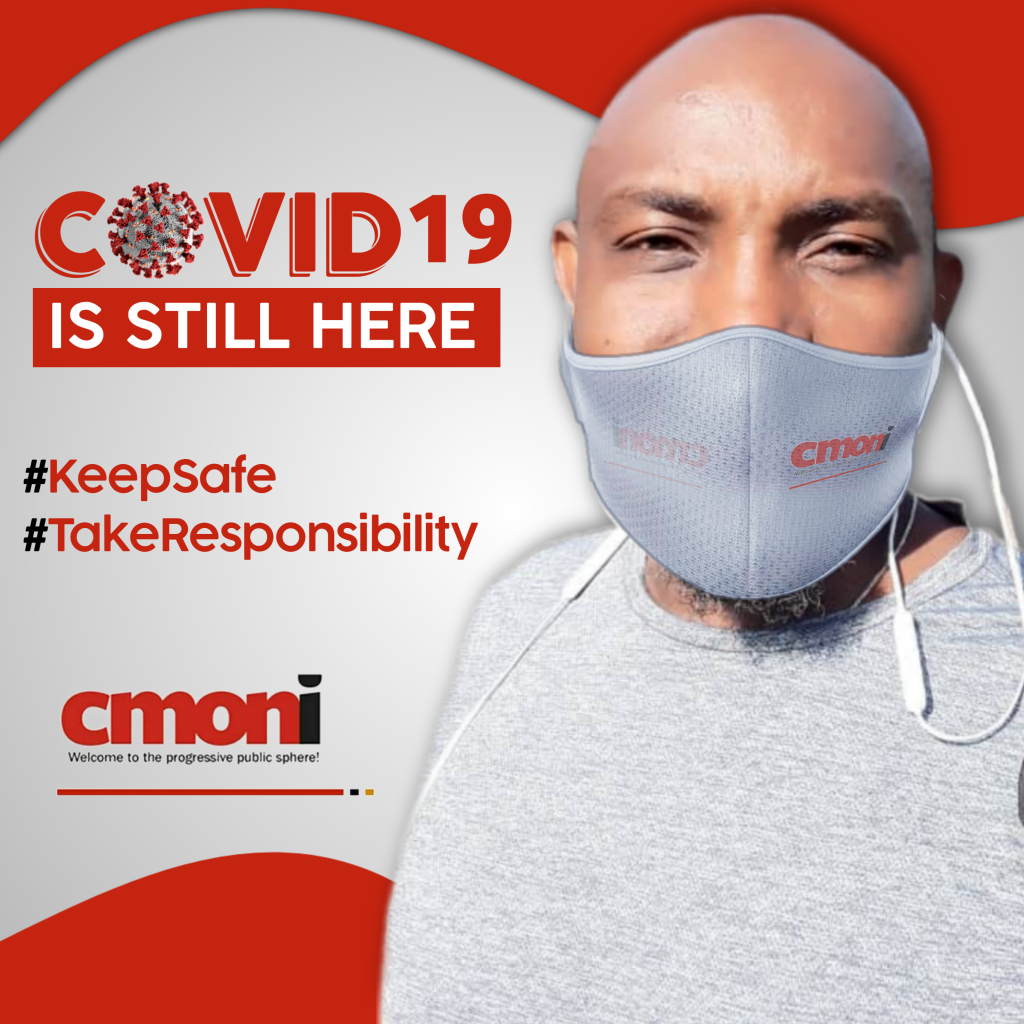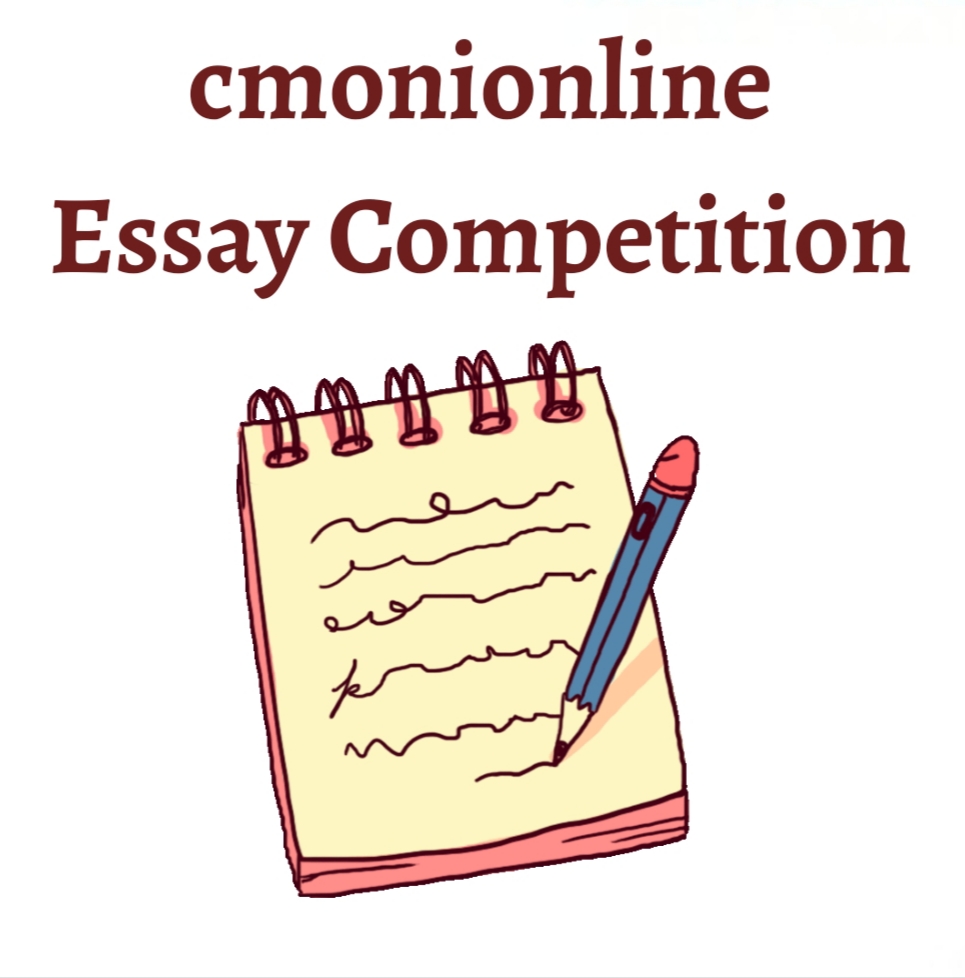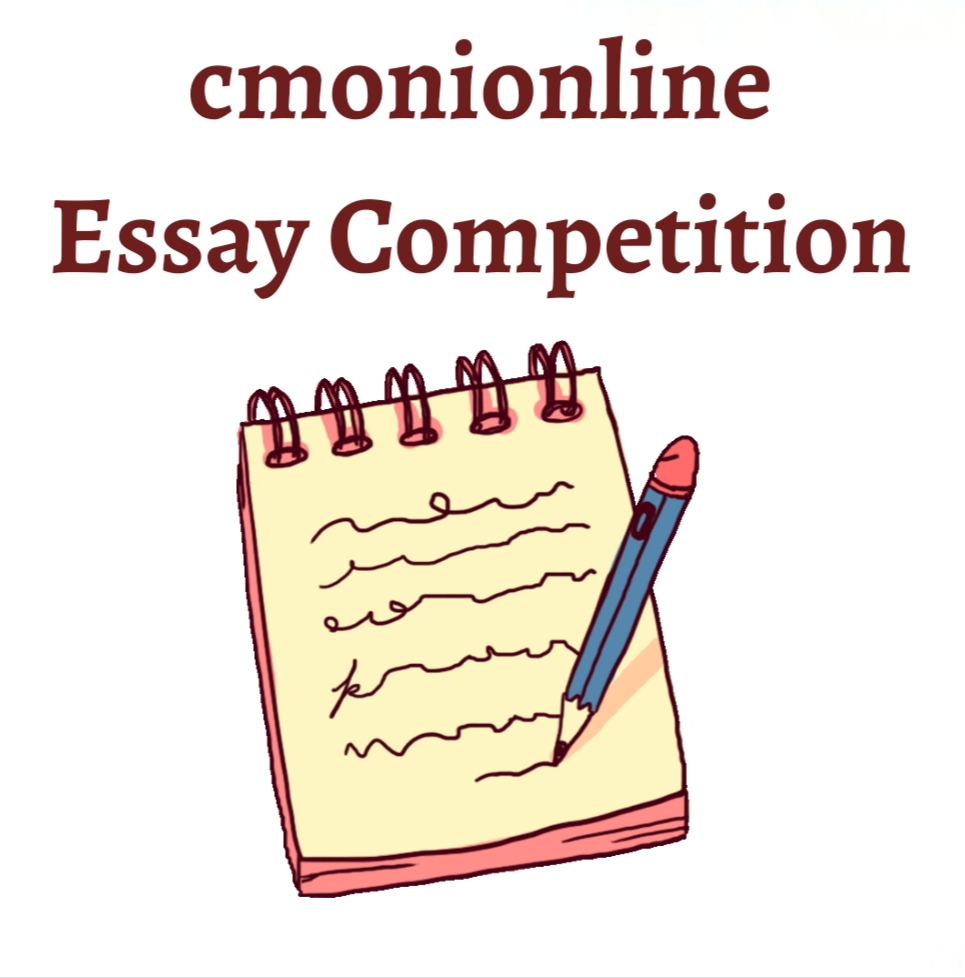Aristotle’s proclamation that “The educated differ from the uneducated as much as the living differs from the dead“, is evergreen. There is indeed no better place to observe the exuding rage of social problems than a nation that harbors sizeable chunk of illiterates. From time immemorial, the trend has always been: the higher the number of illiterates in a region, the higher the rate of social problems. Alas, social problems are well-known for ruining national development efforts and a major impediment on the pathways to a better life. Thus, any person or society that may, in any way, downplay the need for sufficient education is unavoidably heading to a catastrophic end.
According to the United Nations’ Economic, Scientific and Cultural Organization (UNESCO), illiteracy refers to the “inability of an individual to identify, understand, interpret, create, communicate and compute, using printed and written materials associated with varying contexts.” Put differently, it depicts the lack of relevant skills, knowledge, and attitudes required of one to make informed decisions, live a purpose-driven life, and function positively in the community.
According to World Literacy Foundation, it is estimated that about 770 million people in the world cannot read or write a single word and that a further 2 billion people struggle to read a sentence. A recent UNESCO report upholds that Sub-Saharan Africa has the lowest literacy rate of any world region, of which 9 out of 10 countries with the highest illiteracy rate are African countries. Furthermore, relying on the data from Education for All Global Monitoring Report (EAGMR) 2019, it is shown that 35 percent of Nigeria’s adult population are illiterates and approximately 10.5 million Nigerian young people are out of school, which accounts for 47 percent of the global out-of-school population. Suffice to say, the menace of illiteracy is intense in Nigeria.
By and large, it is factual to say that illiteracy is behind most social problems. When stripped down to the bare bones, illiteracy creates a vicious circle of structural defects in the lives of people, leading to various social quagmires. This is how it happens:
One of the immediate effects of illiteracy is poverty. In line with the saying, “An idle mind is the devil’s workshop”; poverty is a major cause of chaos. This arises from the fact that illiterates are usually bereft of skills and ineligible for opportunities that could have fetched them gainful means of livelihood. The general by-product of poverty is hunger and wretchedness. More than anything else, hunger and wretchedness drive people into arm robbery, stealing, kidnapping, fraud among other social ills. This is the reality in Nigeria today. It is on record that over 87 million Nigerians are living in abject poverty. Currently, the country is fast degenerating into an archetypical Hobbesian state of nature where “life is short, nasty and brutish and a survival of the fittest”. Cases of terrorism, kidnapping, robbery, stealing, assassination, murder, communal clashes, and retaliatory attacks, ritual operations, etc are commonplace.
Again, illiteracy makes people irrational and pessimistic. Illiterates usually take everything they hear hook-line-and-sinker. They lack the mental and emotional intelligence to question falsehoods and detect lies. This makes them a readily-available tool for mischief-makers. They are easily hired to commit atrocities such as terrorism, assassination, ballot box snatching, and even suicide bombing. Consider the Boko-Haram terrorist group. There have been lots of reports that the terrorists go into villages in the Northern part of the country to recruit illiterate youths who they brainwash into carrying out their beastly acts. Similarly, illiterates hardly see possibilities. They lack the foresight, motivation, and enthusiasm to drive innovations that solve societal needs.
Furthermore, illiteracy undermines peace. The miseries surrounding illiteracy increases anger and frustration on its victims. Of course, an angry and frustrated person has no peace. When people are frustrated, they easily inflict pains on one another, at any slightest provocation.
Nonetheless, another social problem being greatly energized by illiteracy is bad governance. It is a conglomeration of intellectually empowered citizens that can elect responsible leaders, express their concerns, hold their leaders accountable, and act vehemently in defense of democracy and social justice. No doubt, widespread illiteracy has exacerbated the rate of electoral malpractice and bad governance in Nigeria.
Illiteracy makes people take actions that are detrimental to the environment. An illiterate knows nothing about the need for biodiversity conservation. They indulge in indiscriminate cutting down of trees, illegal mining, pipeline vandalization, illegal wildlife trade, inappropriate disposal of waste among others. This is a critical issue, especially now that the problem of climate change is telling on us.
Aside from the aforementioned points, illiteracy also contributes to gender inequality, human right violation, health challenges, religious hostility, and corruption. These are all existential social problems illiteracy orchestrates.
At this juncture, it is crystal clear that illiteracy shares an inextricable link with social problems. The only glimmer of hope to the illiteracy saga in Nigeria is sincere, holistic, and conscious promotion of education. This resonates with the view of a Nigerian nationalist, Adekoge Adelabu, who once said, “Education is the foundation of freedom. Illiteracy is the basis of slavery. If you would free a people, first and foremost, educate them”. Aside from the need to place premium priority on education, the Nigerian government should, with all sense of urgency and seriousness, overhaul our educational system to ensure that skills provided by schools are in tandem with the current labour market demands. Businesses, NGOs, and well-meaning individuals can help in the area of school infrastructural development, especially in the rural areas, provision of scholarship, bursary, and skill acquisition opportunities for young Nigerians. Various Non-Formal Education (NFE) mechanisms should be vigorously promoted. Civil societies should also help campaign for a better education system in Nigeria. Towing these lines of action will, definitely, help reduce the alarming rate of illiteracy in the country.
Ogbaga Sunday Thomas, a student of Ahmadu Bello University, Zaria is interested in Education, Leadership, Social Entrepreneurship, and Peace-building. He can be reached via Ogbagasunday3@gmail.com







